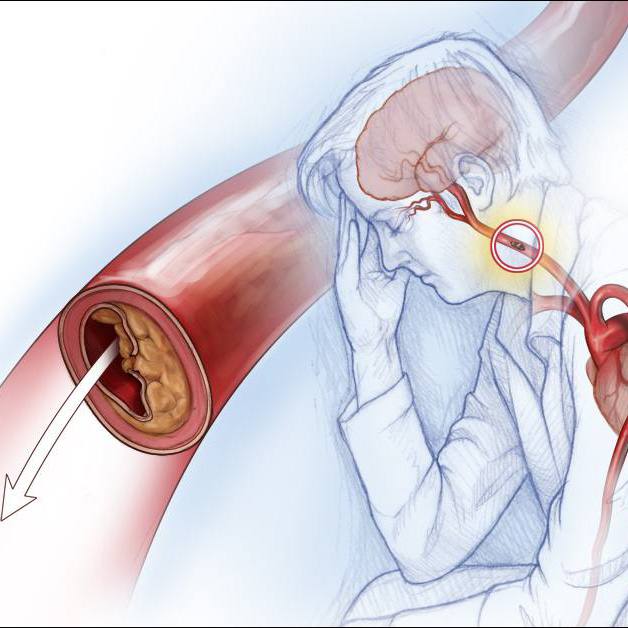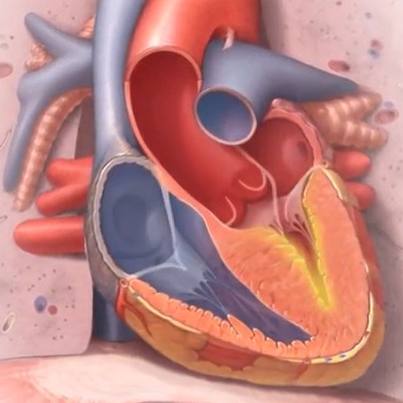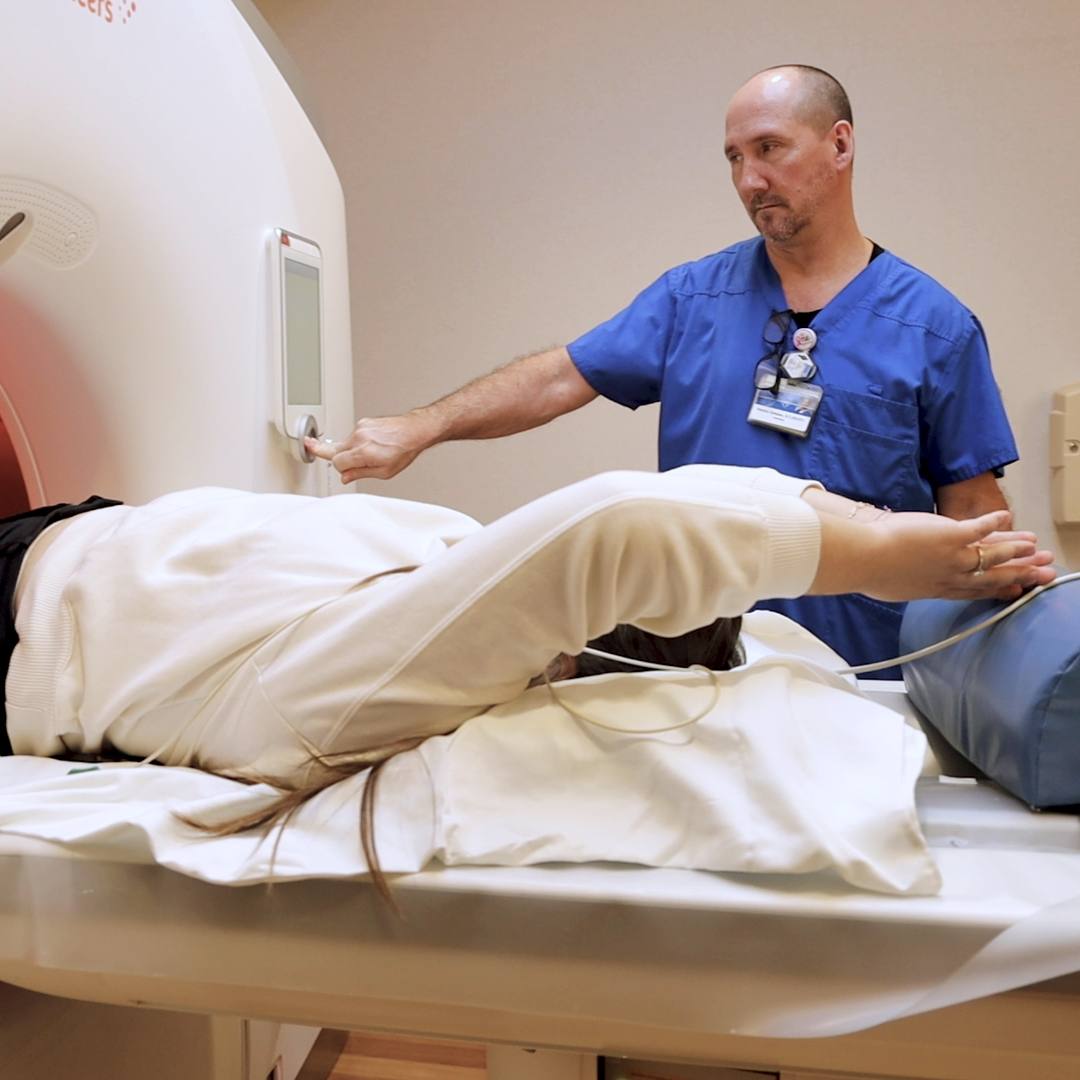-
Cardiovascular
Consumer Health: When does a heart murmur need treatment?

Heart murmurs are sounds, such as whooshing or swishing, made by rapid, choppy blood flow through the heart. The sounds can be heard with a device called a stethoscope and are different from those of a normal heartbeat.
Heart murmurs can be present at birth or develop later in life. Some heart murmurs, called innocent hurt murmurs, are harmless. An innocent heart murmur is not a sign of heart disease and doesn't need treatment. Other heart murmurs may be a sign of a serious heart condition.
Symptoms
Innocent heart murmurs usually don't cause any other symptoms.
Symptoms of worrisome heart murmurs depend on the cause and can include:
- Blue or gray fingernails or lips
- Chest pain
- Cough that doesn't go away
- Dizziness
- Swollen liver
- Swollen neck veins
- Fainting
- Heavy sweating with little or no activity
- Shortness of breath
- Swelling or sudden weight gain
- In infants, poor appetite and lack of growth
Risk factors
Things that increase the risk of heart murmurs in babies include:
- Family history of heart problems linked to murmurs
- Uncontrolled diabetes in the mother during pregnancy
- German measles, or rubella, in the mother during pregnancy
- Use of certain medications, alcohol or illegal drugs by the mother during pregnancy
Some medical conditions that can increase the risk of heart murmurs include:
- A rare cancerous tumor that releases certain chemicals into the bloodstream, known as carcinoid syndrome
- Cardiomyopathy, which is a weakened heart muscle
- Endocarditis, which is an infection of the lining of the heart
- Anemia
- Hypereosinophilic syndrome, which is a group of blood disorders marked by a high number of eosinophils — white blood cells that play an important role in your immune system
- Certain autoimmune disorders, such as lupus and rheumatoid arthritis
- Heart valve disease
- Pulmonary hypertension, which is high blood pressure in the lungs
- History of rheumatic fever
- Overactive thyroid
Treatment
Innocent heart murmurs don't usually need treatment. If a fever or an overactive thyroid causes a murmur, the murmur usually goes away once that condition is treated.
Treatment for a worrisome heart murmur depends on the cause. A worrisome heart murmur requires close monitoring by a health care professional. Medications or surgery may be needed.
Medications that can be used to treat heart conditions associated with murmurs include:
- Blood thinners.
These medications, called anticoagulants, prevent blood clots. Some conditions that cause heart murmurs are closely linked to irregular heartbeats that can cause blood clots. Blood clots increase the risk of strokes. - Water pills.
These medications, called diuretics, remove excess fluid from the body. A diuretic may be given to treat high blood pressure or other conditions that can make heart murmurs worse. - Angiotensin-converting enzyme (ACE) inhibitors.
These medications lower blood pressure. High blood pressure can worsen underlying conditions that cause heart murmurs. - Beta blockers.
These medications lower heart rate and blood pressure.
Surgery may be needed to correct a condition that causes a worrisome heart murmur. For example, if a narrowed or leaky heart valve is causing the murmur and other symptoms, heart valve repair or replacement may be needed.
During heart valve repair, a surgeon can:
- Patch holes in a valve.
- Separate valve leaflets that have fused.
- Replace the cords that support the valve.
- Remove excess valve tissue so that the valve can close tightly.
- Tighten or reinforce the ring around a valve.
Heart valve surgery can be done as open-heart surgery, minimally invasive heart surgery, robotic heart surgery or a cardiac catheter procedure. The way the surgery or procedure is done depends on the specific heart condition.
Connect with others talking about heart murmurs, treatment, and living well in the Heart & Blood Health support group on Mayo Clinic Connect, an online patient community moderated by Mayo Clinic.
Related Articles







